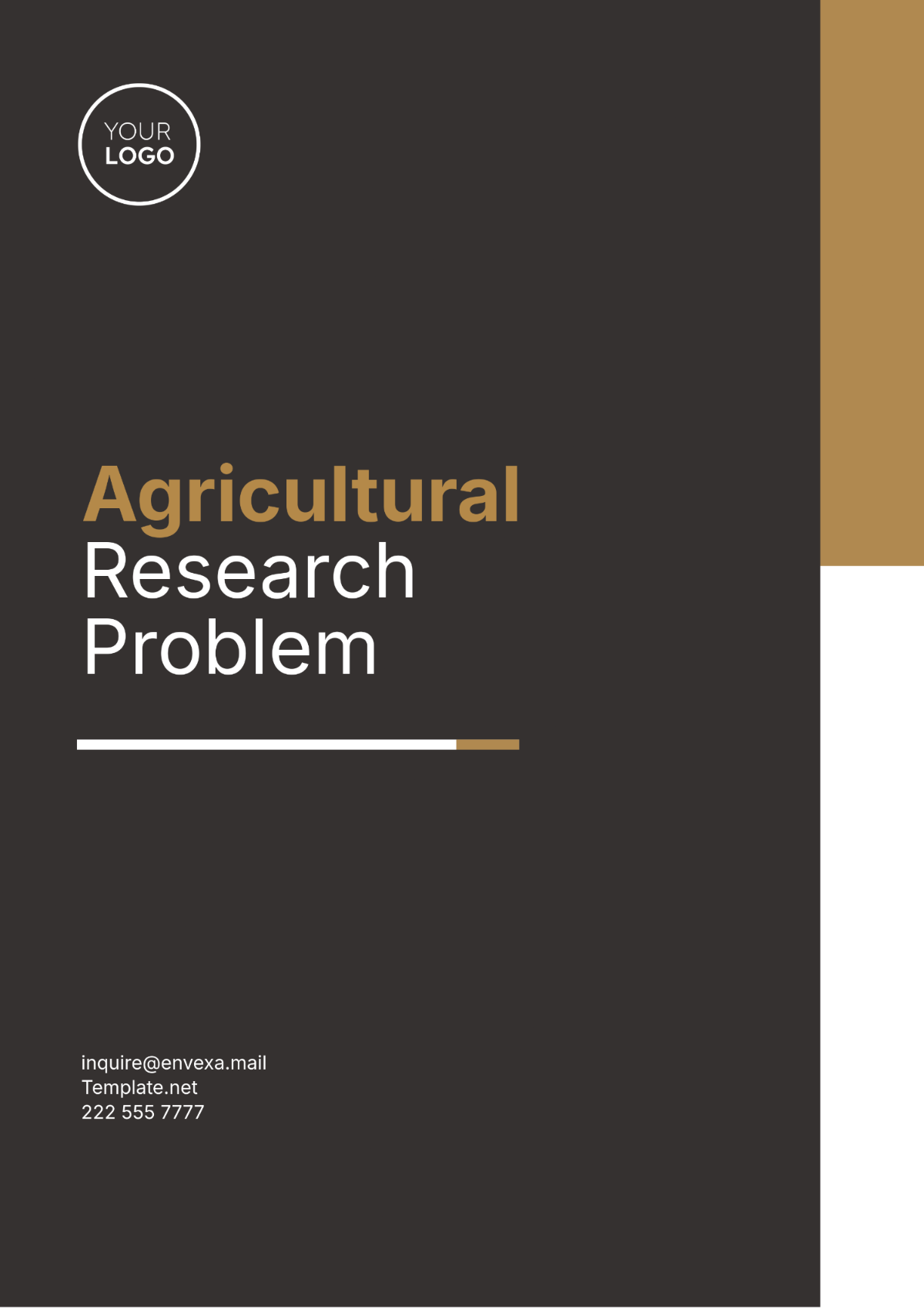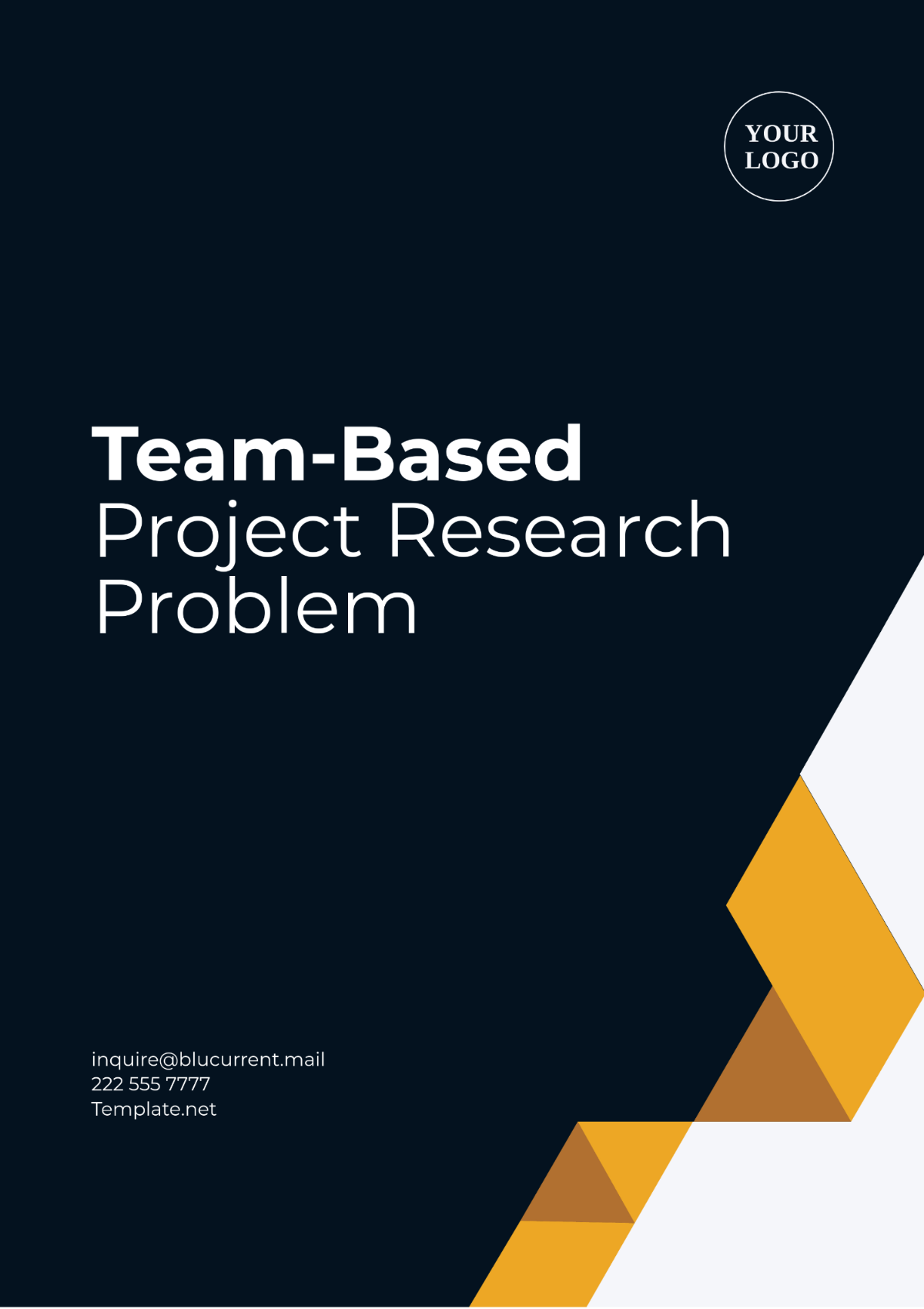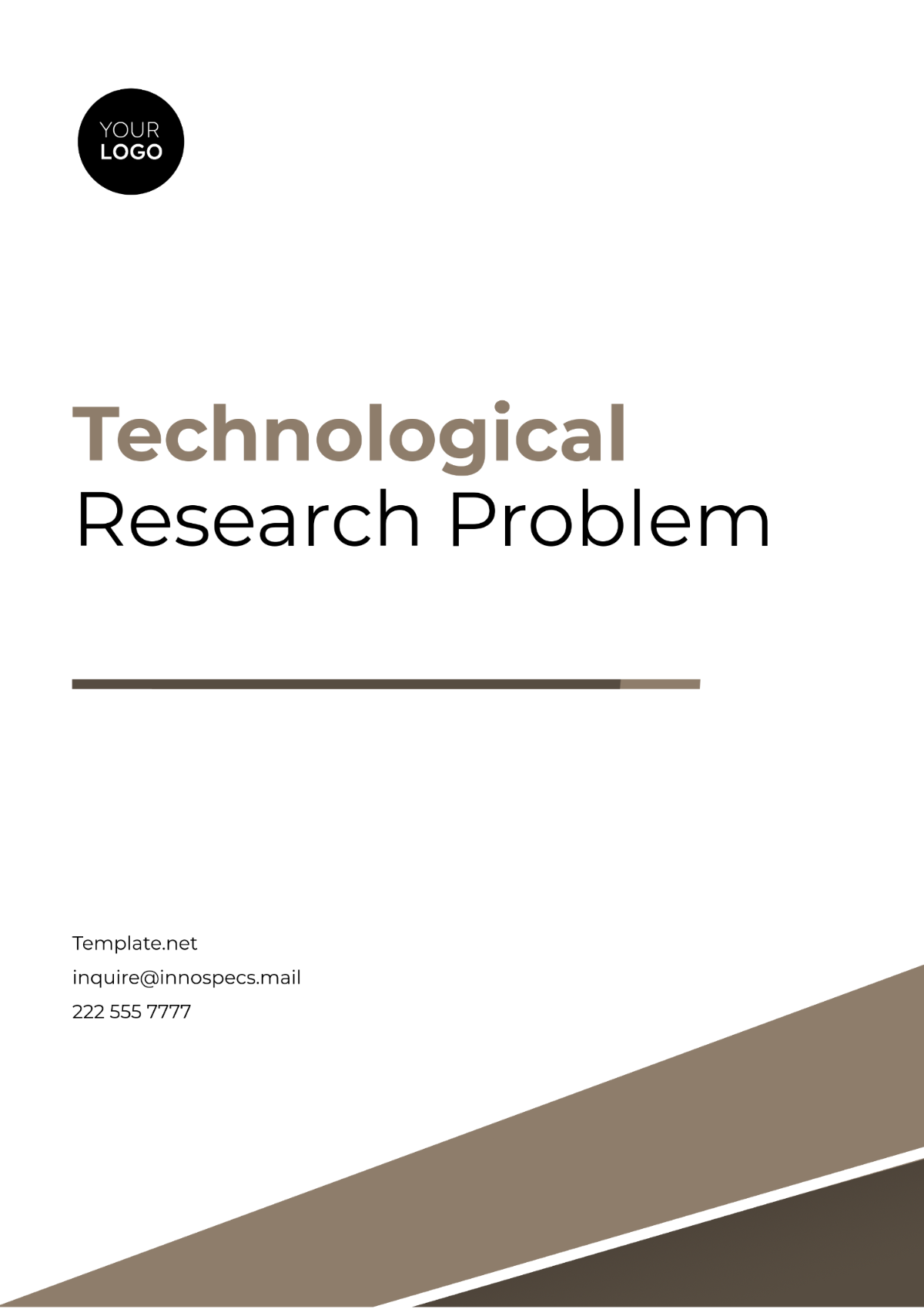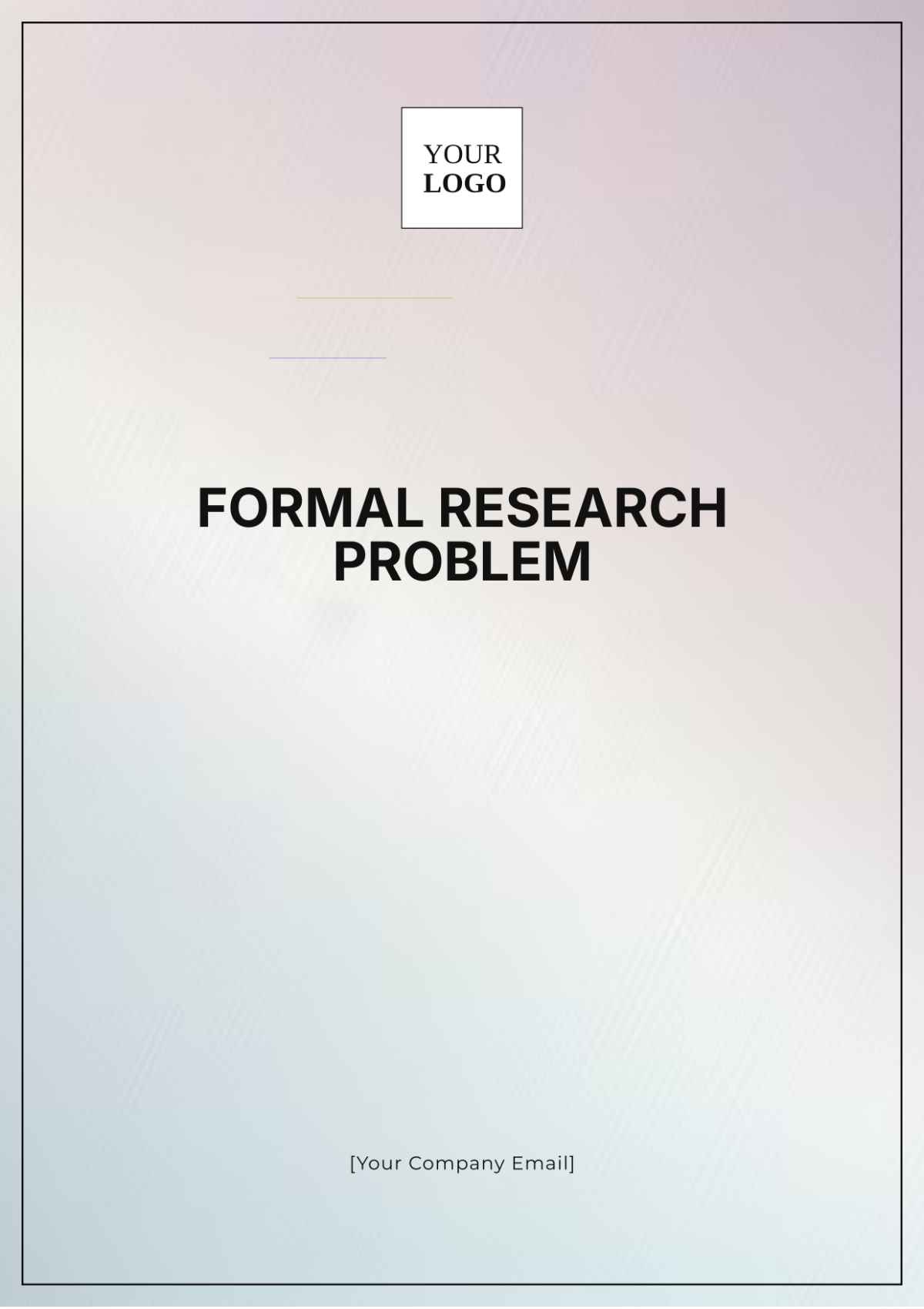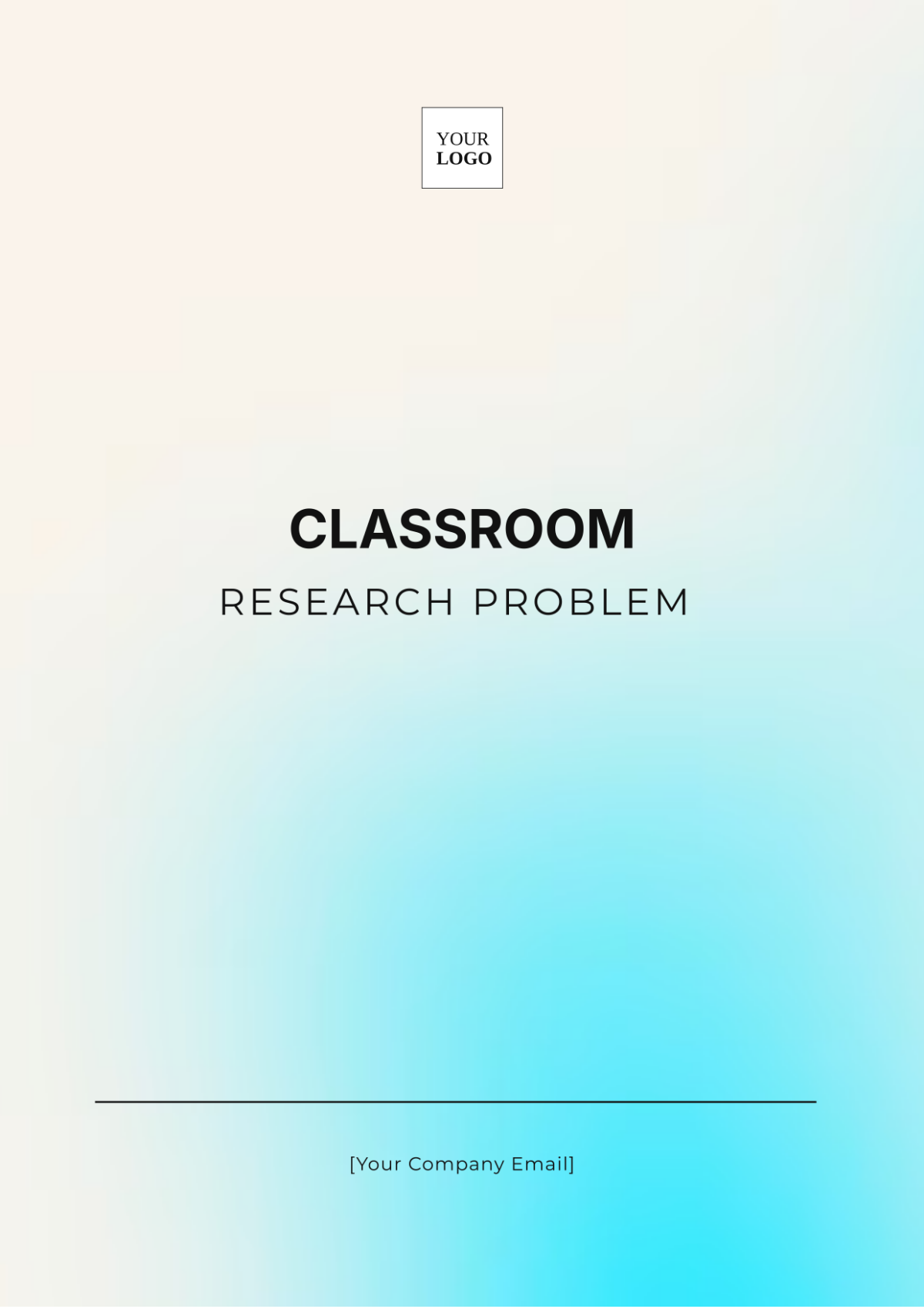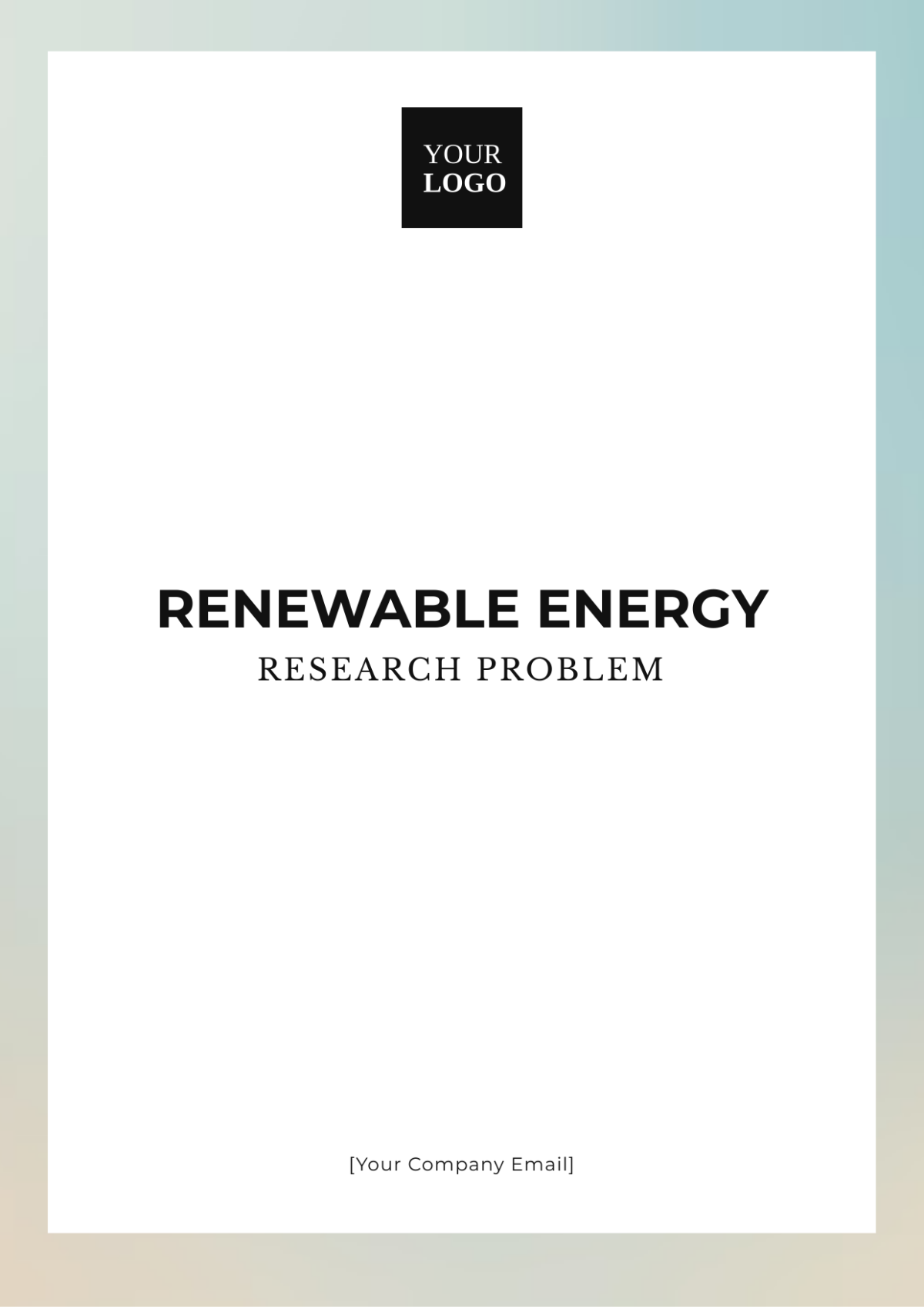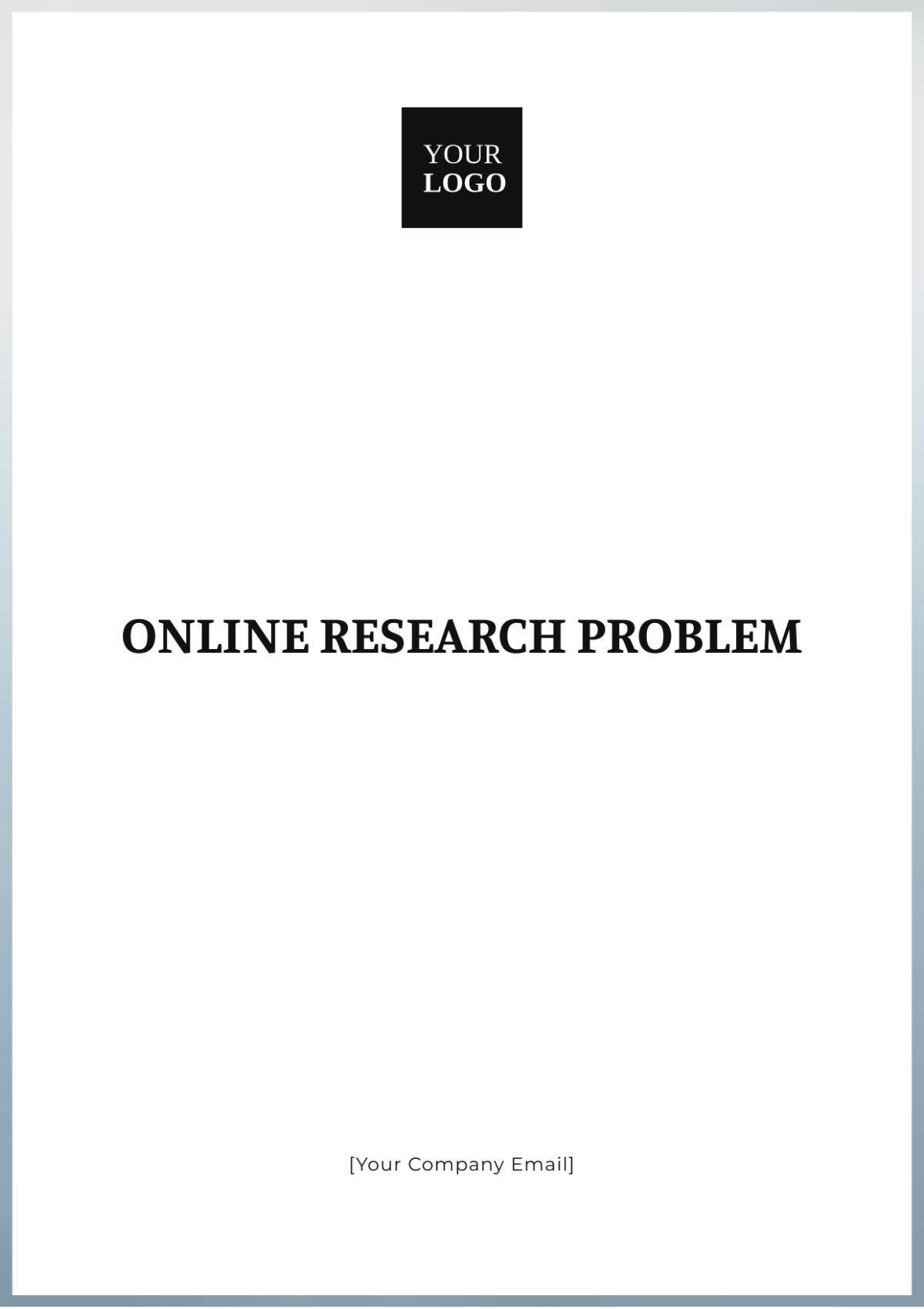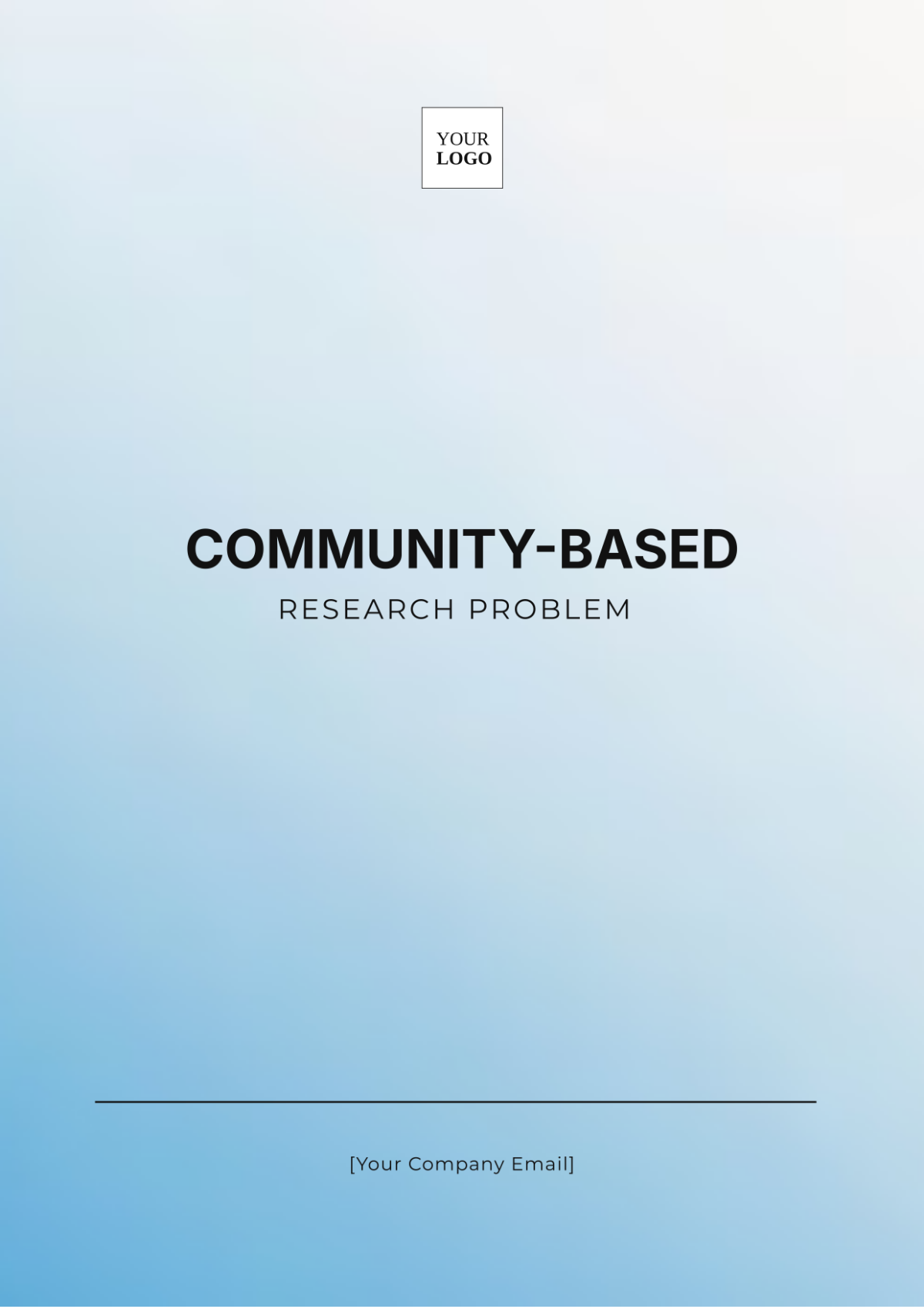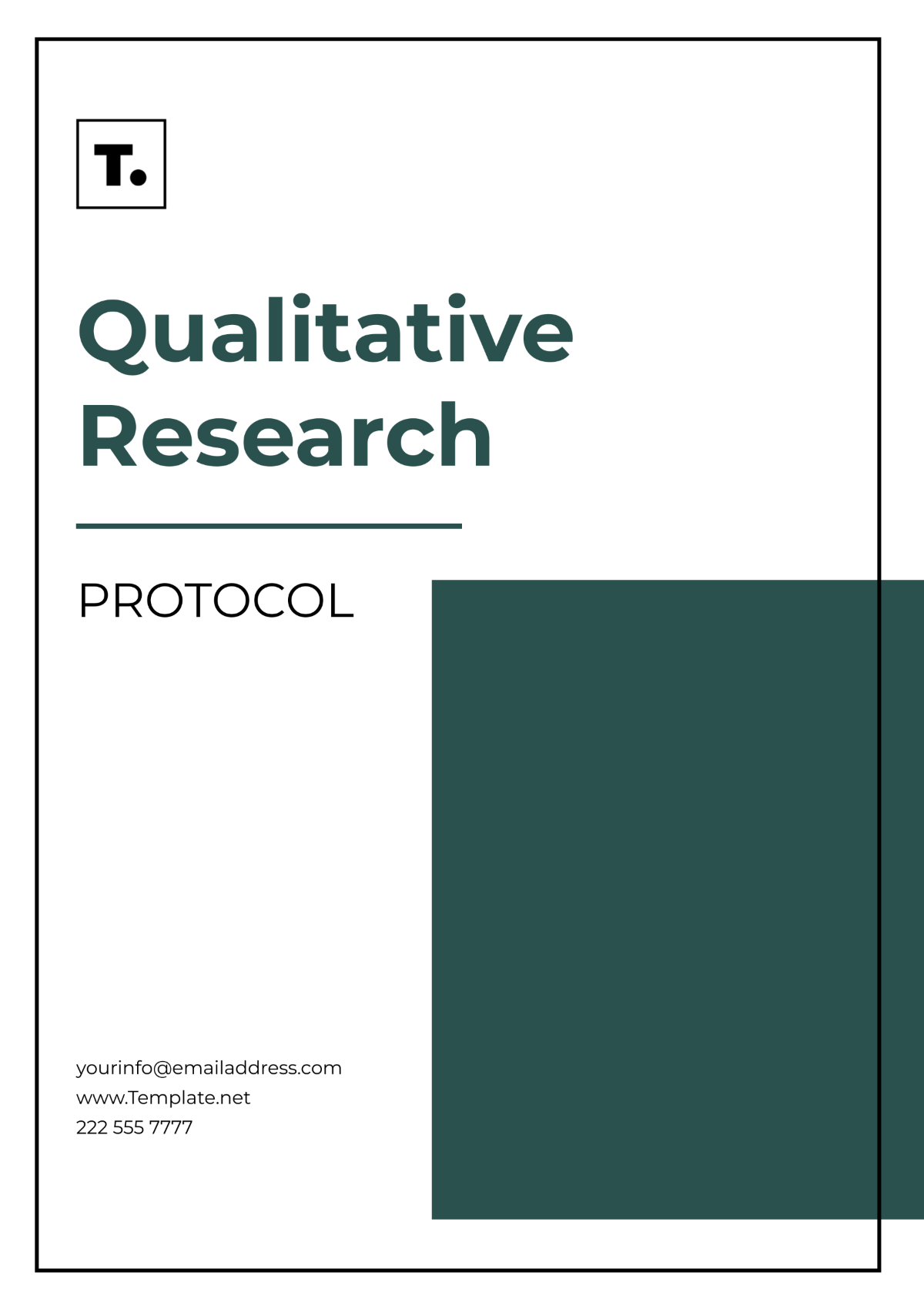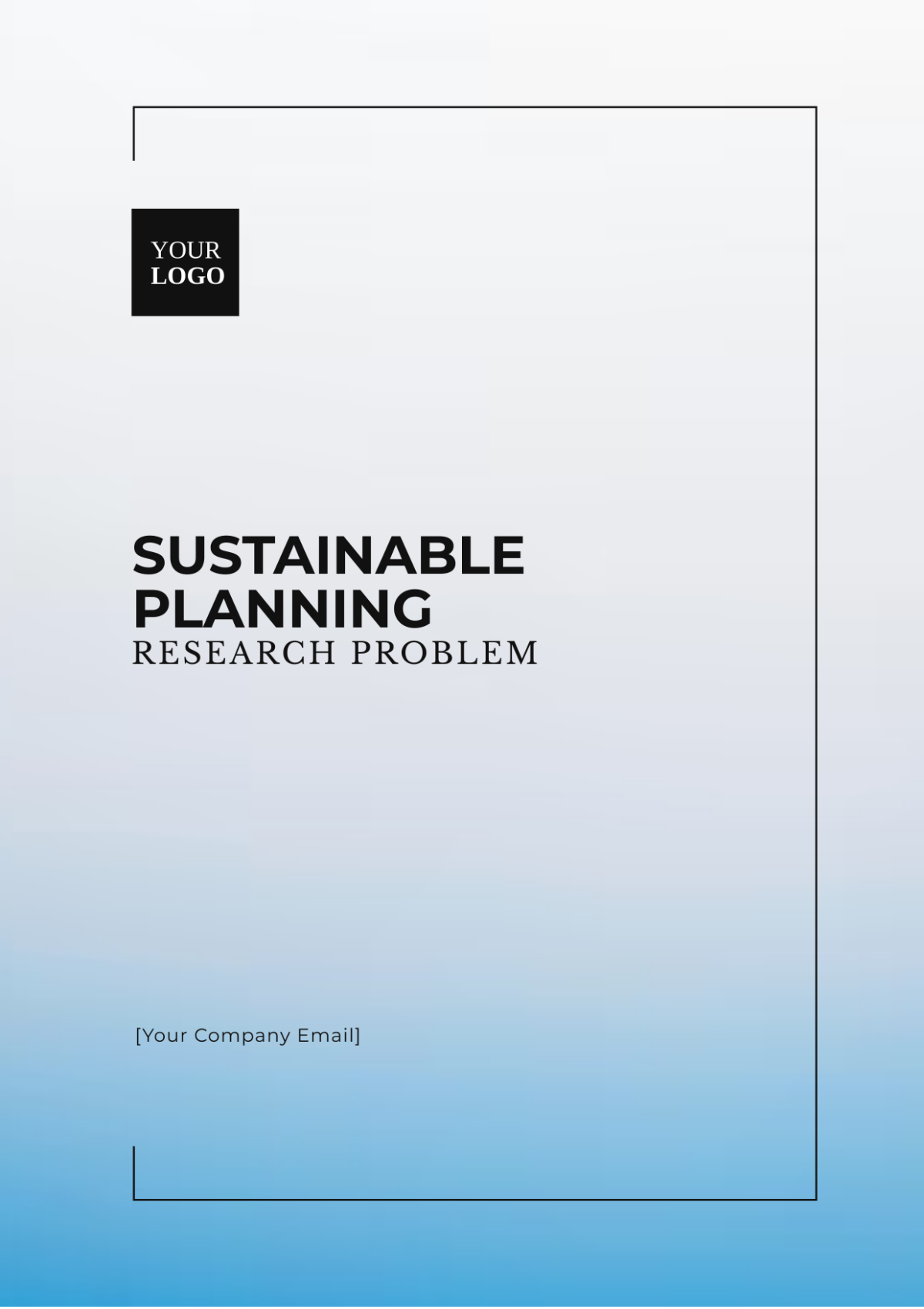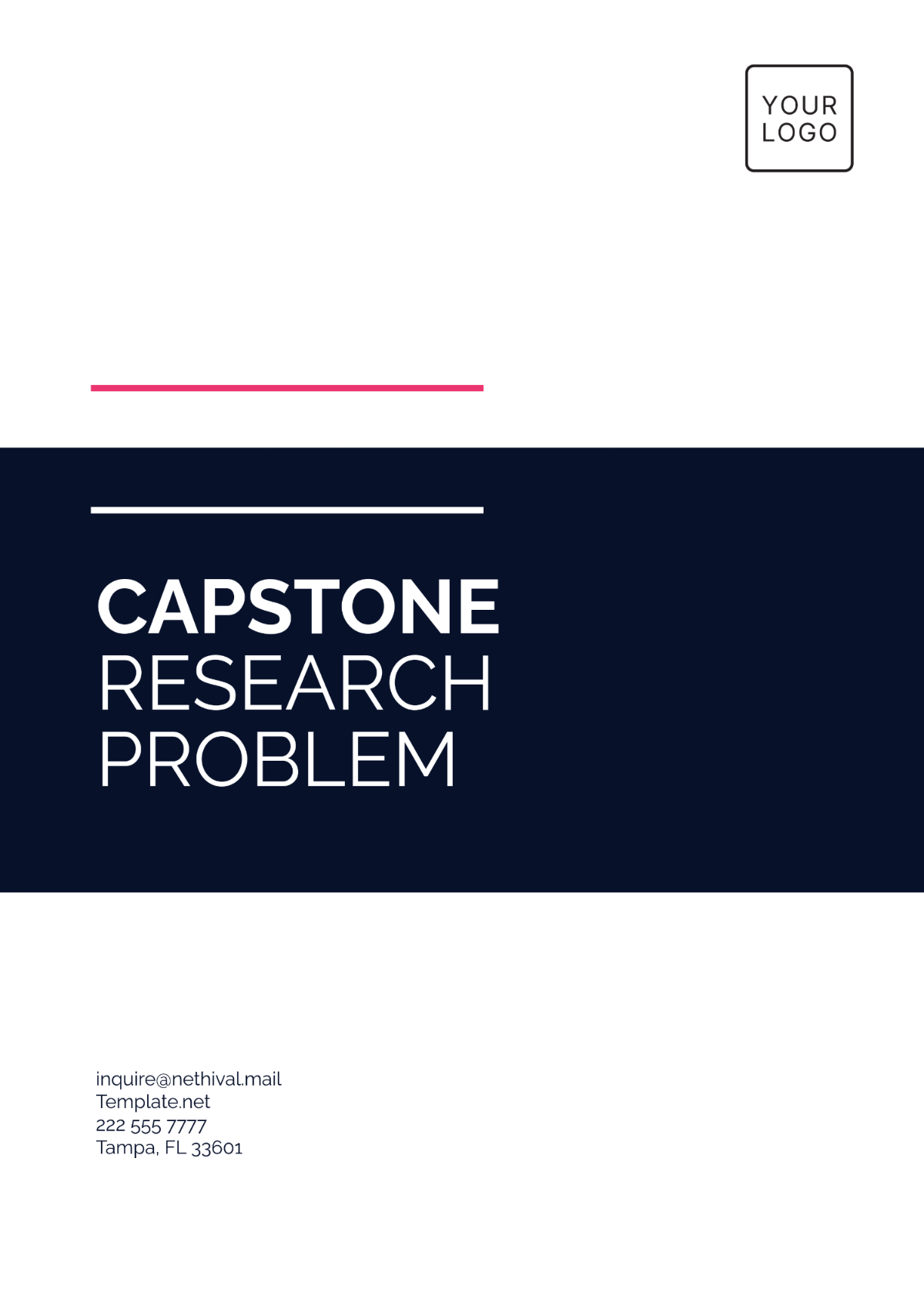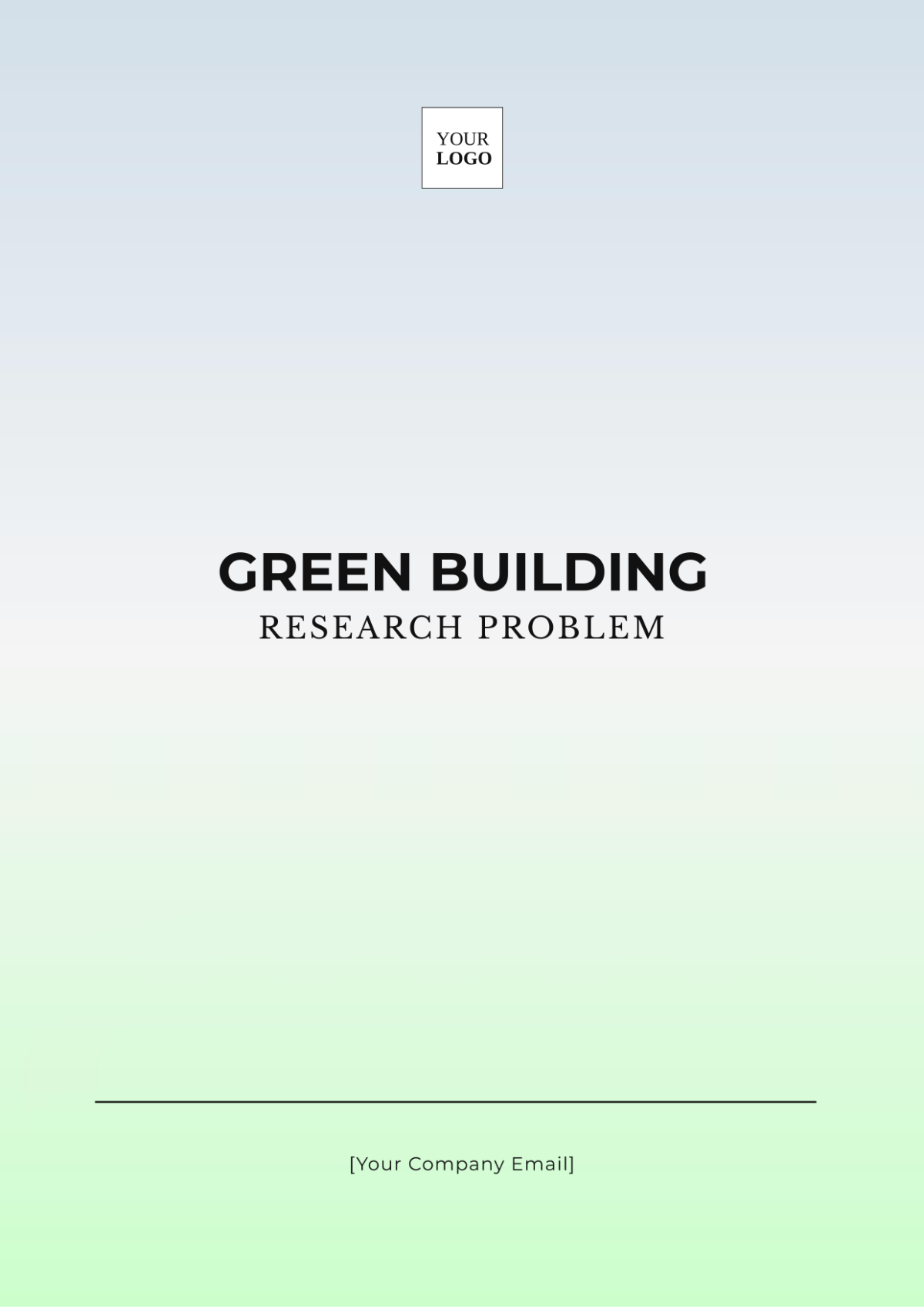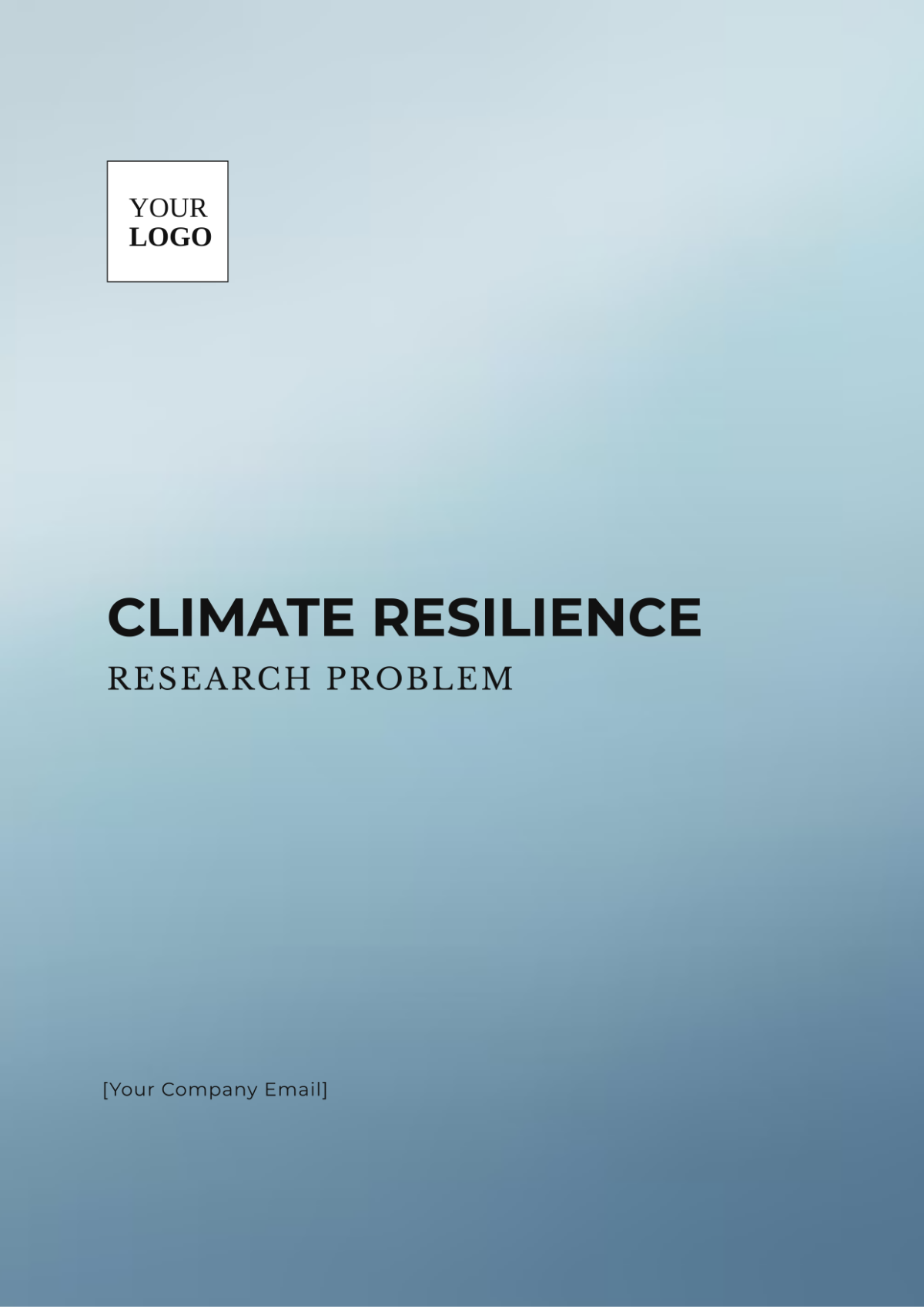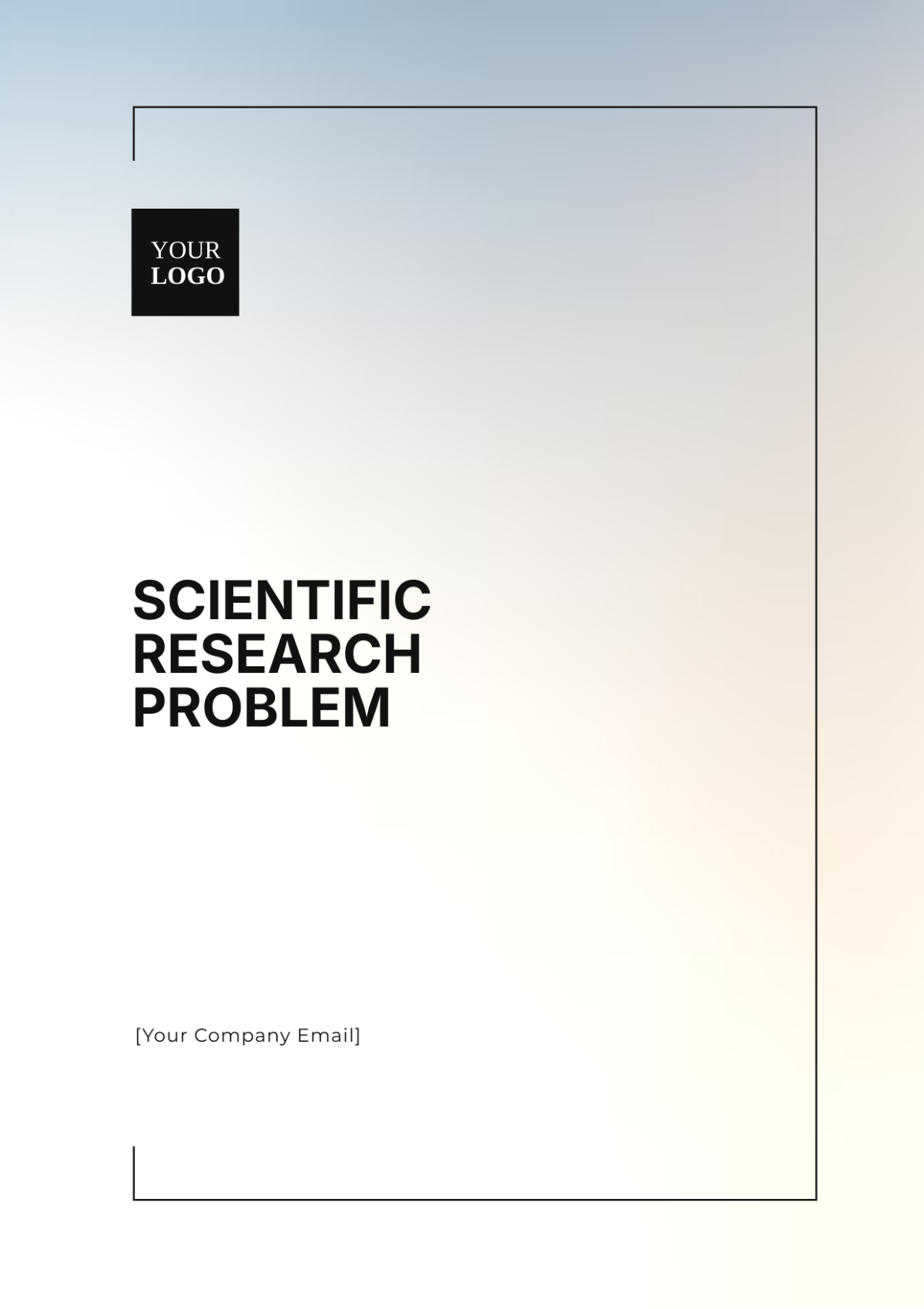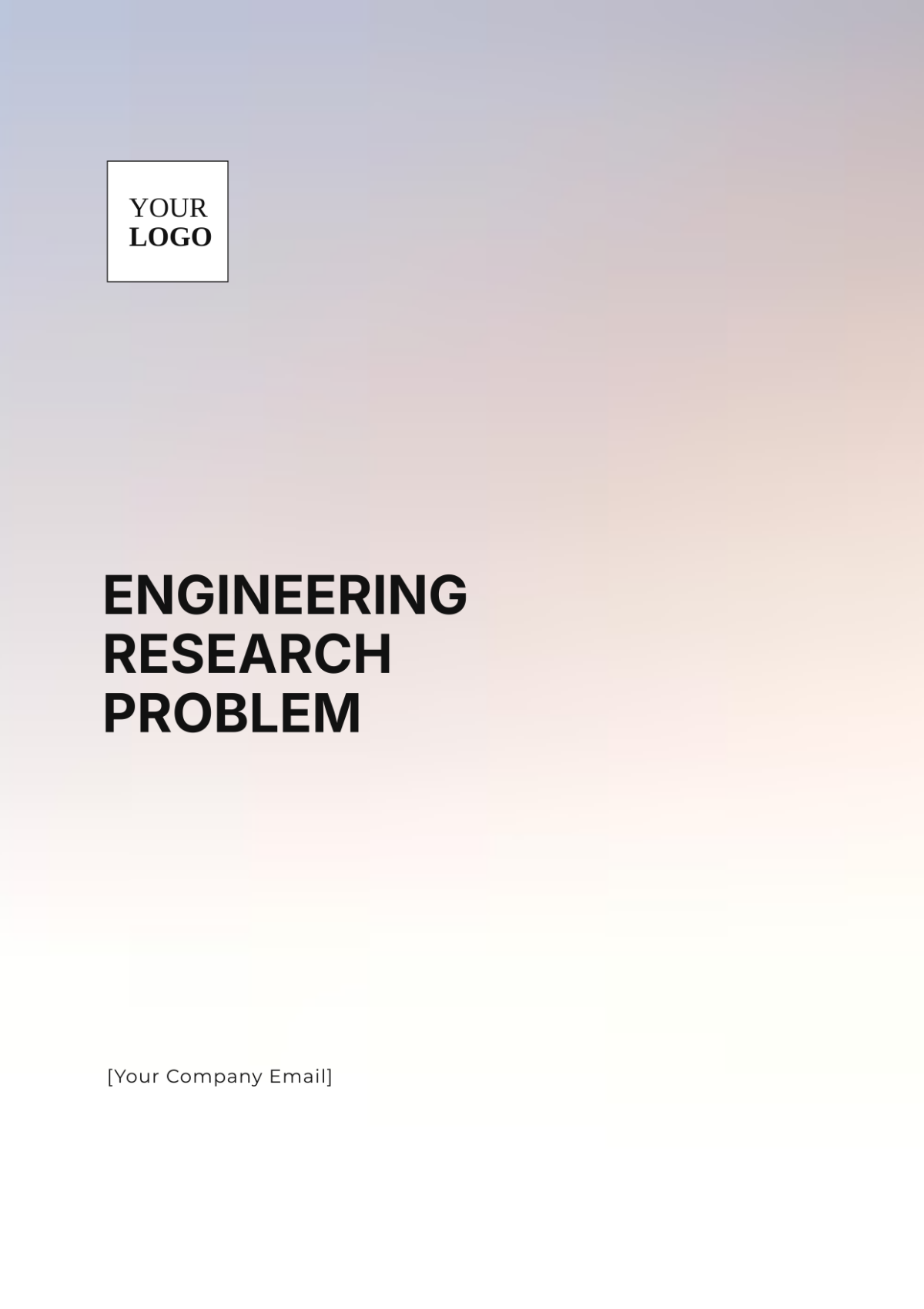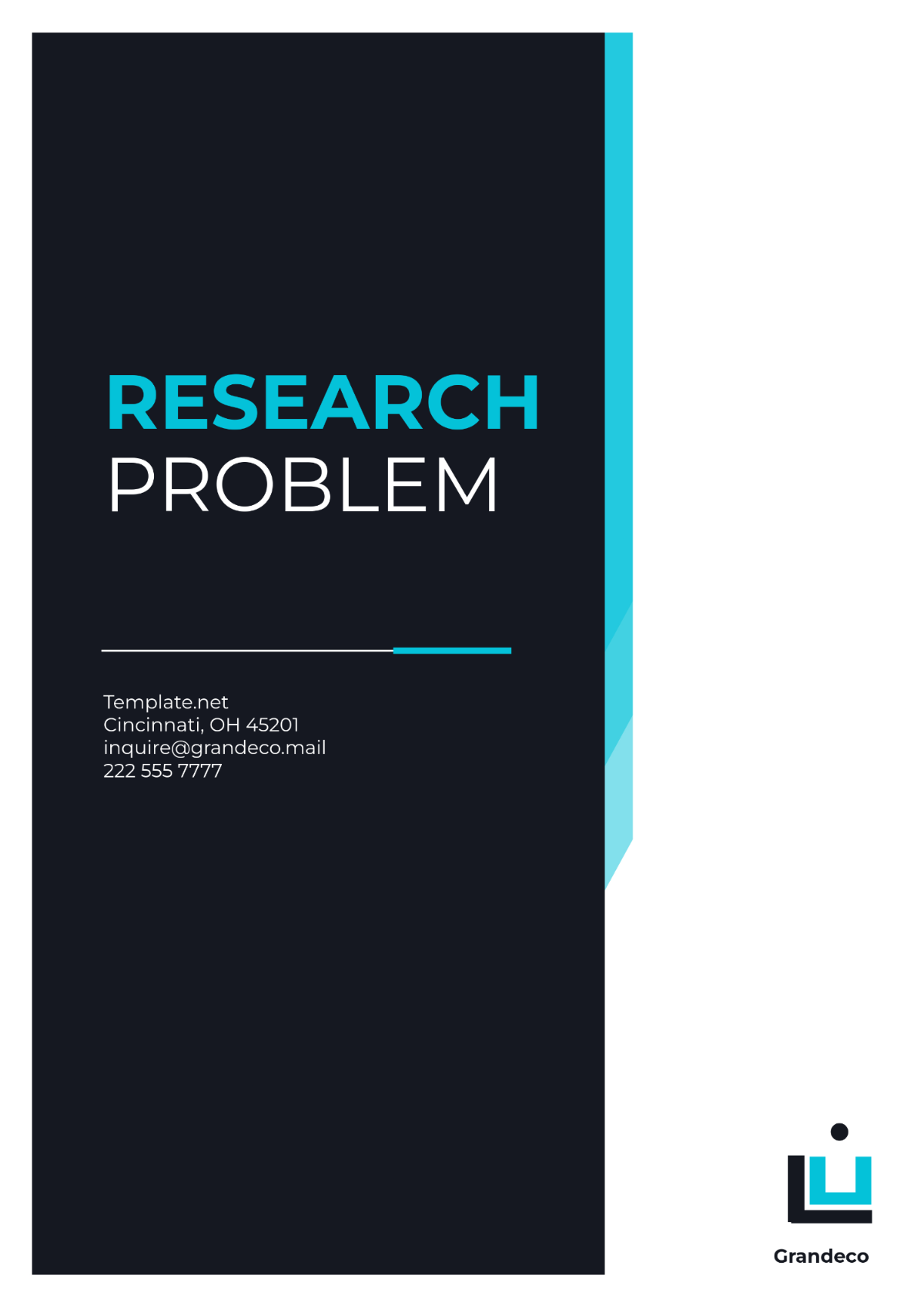Student Research
By: [YOUR NAME]
Abstract
This research explores the relationship between extracurricular activities and academic performance among high school students in the year 2055. With a diverse range of activities encompassing sports, arts, clubs, and community service, the study aims to investigate how participation in these activities contributes to students' overall academic success. By administering surveys and analyzing academic records, the research seeks to provide insights for educators, policymakers, and parents to support balanced student development.
Introduction
The academic environment has evolved significantly by 2055, with extracurricular activities playing an increasingly prominent role in students' lives. While numerous studies have explored various aspects of student life, the specific impact of extracurricular involvement on academic performance remains under-researched. Therefore, this study seeks to fill the gap by providing a comprehensive analysis of how these activities influence students' grades, time management, and overall academic achievement.
Objectives
Objective | Description |
|---|---|
Analyze participation trends | Examine the types and frequency of extracurricular activities students participate in. |
Assess academic performance | Evaluate students' academic records to determine the correlation between extracurricular activities and grades. |
Identify benefits and challenges | Identify the advantages and potential challenges students face in balancing academics and extracurricular involvement. |
Provide recommendations | Offer actionable insights for educators, parents, and policymakers. |
Literature Review
Previous research has varied in its conclusions on the impact of extracurricular activities. For example, Smith et al. (2048) demonstrated a positive correlation between sports participation and academic performance, whereas Johnson (2050) found no significant relationship between club involvement and grades. Other studies, such as those by Ramirez (2049), highlighted the psychosocial benefits of extracurricular activities, including enhanced self-esteem and better peer relationships.
Methodology
Method | Description |
|---|---|
Survey Distribution | An online survey was administered to 500 high school students to gather data on their extracurricular involvement and academic performance. |
Academic Records Analysis | Student's grades for the past year were analyzed to determine any correlation between extracurricular activities and academic performance. |
Interviews | In-depth interviews were conducted with a select group of students, teachers, and parents to gain qualitative insights. |
Data Analysis | Statistical tools were used to analyze survey responses and academic records, employing methods such as correlation coefficients and regression analysis. |
Results
Finding | Description |
|---|---|
Positive correlation | Students involved in at least one extracurricular activity had higher GPA scores on average compared to those who did not participate. |
Diverse benefits | Participants in sports exhibited better time management skills, while those involved in arts and clubs enjoyed enhanced creativity and critical thinking abilities. |
Challenges | Balancing academics and extracurricular activities was identified as a significant challenge among students, leading to stress and anxiety in some cases. |
Discussion
Aspect | Analysis |
|---|---|
Academic Performance | Participation in extracurricular activities has a generally positive impact on academic performance, likely due to improved time management and stress relief. |
Student Well-being | Extracurricular activities contribute to emotional and social well-being, offering a holistic approach to education that benefits students beyond academics. |
Educational Policy | Schools should encourage balanced participation in extracurricular activities to foster academic and personal growth. |
Conclusion
Conclusion | Description |
|---|---|
Extracurricular importance | Extracurricular activities play a critical role in enhancing students' academic and personal development. |
Support systems | Effective support systems are essential to help students balance academics and extracurricular commitments. |
Future research | Further studies should explore long-term impacts and the role of different types of extracurricular activities in varied educational settings. |
References
Reference | Description |
|---|---|
Smith, J., et al. (2048) | Impact of Sports on Academic Performance among High School Students. Journal of Educational Research, 45(2), 123-134. |
Johnson, R. (2050) | Extracurricular Club Involvement and Academic Outcomes: A Mixed Methods Study. Education Today, 52(3), 201-215. |
Ramirez, L. (2049) | Psychosocial Benefits of Extracurricular Activities for Adolescents. Youth and Society, 60(4), 400-415. |
Recommendations
Based on our findings, the following recommendations are proposed:
Schools should integrate extracurricular activities into the curriculum to support holistic student development.
Parents should encourage balanced participation in extracurricular activities to enhance their children's skills and well-being.
Further research is needed to explore the long-term impacts of extracurricular involvement on various aspects of student life.
Policymakers should create supportive frameworks that enable schools to offer diverse extracurricular programs.
















